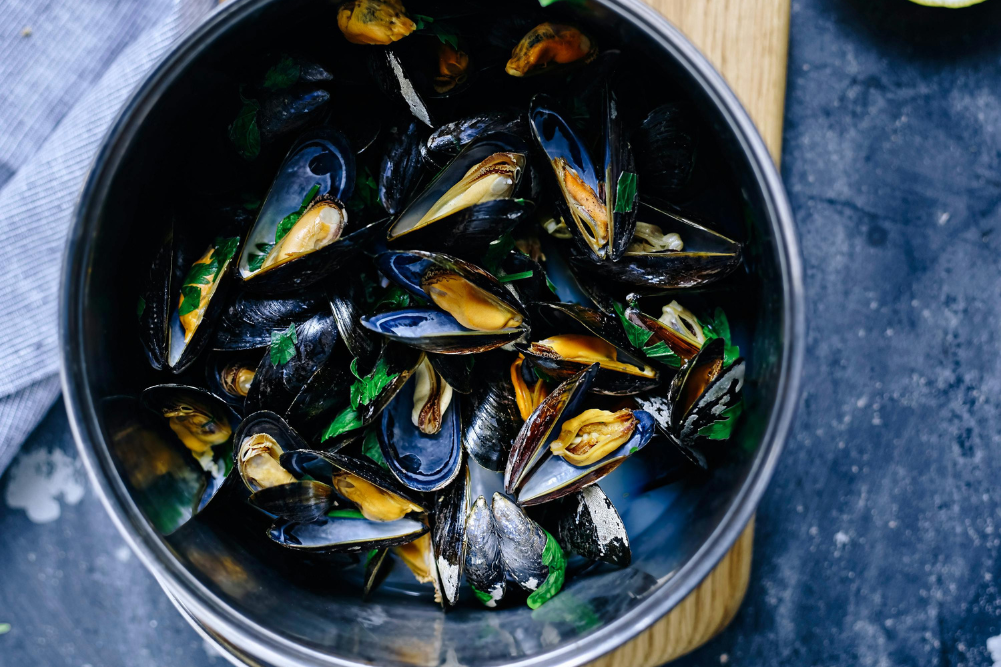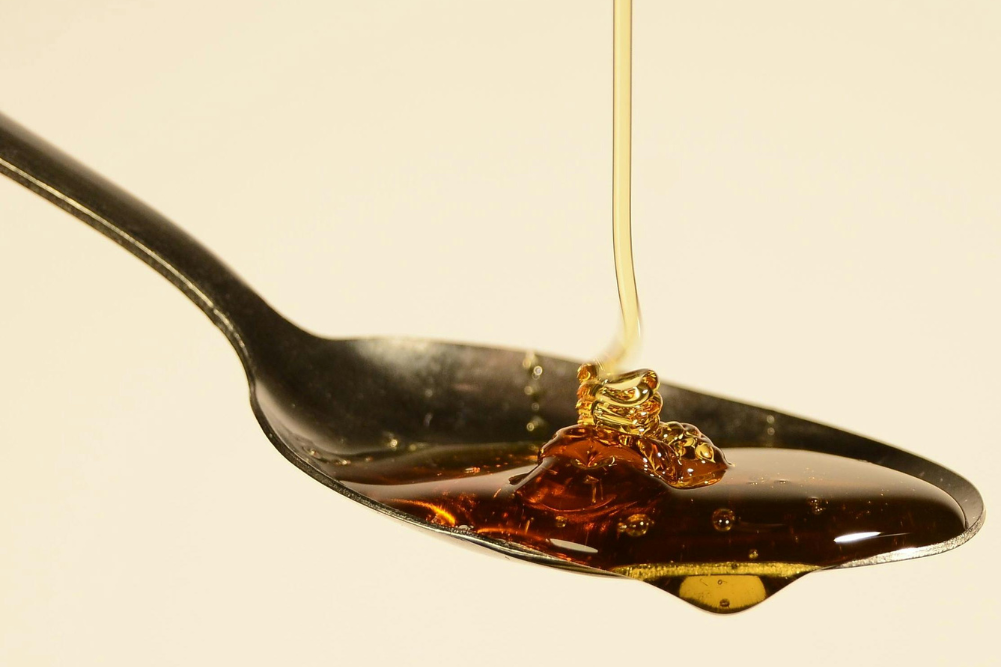Neanderthal MasterChef
Do you devour the wave of cooking shows that are gracing out television screens? Or do you question the entertainment and mental value of slow motion close-ups of people eating? Whichever camp you occupy, an new study from Harvard University may have explained just why cooking is so important to humanity as a species.
Even if you do raise a reviling eyebrow at the advent of competitive cooking as a television spectacle, you could not deny that cooking and cuisine sits at the heart of cultures around the world. Two personal examples of this spring lithely to mind. There is my Italian friend whose mother does not feel her gustatory efforts have been adequate if I can comfortably lever myself without assistance from her table. Then there was a lecture tour of Malaysia where I specifically requested of my hosts not to have large meals as I liked to work on a light stomach. This request was generously met by their reducing the courses that we sat down to from nine to six per meal. I waddled my way through that tour hoping desperately not to outgrow my suit pants before the tour’s end.
Cooking and sharing food is part of every culture and now the Harvard researchers have shown that the fascination of dining is much more than social: it is evolutionary.
In a study that was the first of its kind the researchers fed two groups of mice over fourty days. The mice were given meat and sweet potatoes prepared in a variety of ways; raw and whole, raw and pounded, cooked and whole, and cooked and pounded.
The researchers monitored each mouse’s body mass and looked at how much they ate and how much they ran on an exercise wheel. The results showed that cooked meat and sweet potatoes provided the mice with much more energy. Cooking exceeded the energy gains made from pounding and in a follow up study the mice showed a greater preference for cooked foods. This latter finding suggests that the mice themselves recognised that they were deriving more energy from the cooked food.
Although theoretical, this points to some interesting conclusions about the role of cooking in human evolution.
Some of the biggest steps in human evolution were an increase in brain size, an increase in body size, and physical changes to allow long-distance running. These changes are costly in energy terms and it has been thought that eating meat might have provided the energy that allowed them to happen.
Yet, human ancestors were eating meat at least 2.5 million years ago and it was around 1.9 million years ago that these changes took place. The dating of when humans harnessed fire is debatable. Some argue that the earliest undeniable evidence for controlled use of fire by humans dates to about 200 000 years ago. Others say that this is way too recent and that there is evidence of hearths in Israel for example that date back 790 000 years. Then there are others who say that evidence from Swartkrans in South Africa shows controlled use of fire dating back to around 1.7 million years.
If this latter figure is accurate, it puts the controlled use of fire mouth-wateringly close in time to the pivotal leap in human evolution. Could it be that the increased energy release derived from cooking food allowed for the high energy using adaptation of a large brain and upright gait?
It is a tantalising thought with genetic and cosmic implications.
The most practical of implications at your next business dinner or romantic date would be to watch out someone who orders their steak “blueâ€. They could be displaying a Neanderthal disregard for the energy required to drive a decent sized brain box. Then again, maybe I’m just displaying my own squeamish belief that anything still capable of oozing blood should not be allowed on a table.
Of course you have to balance all this with the fact that we now know that overcooking not only reduces nutrients but also forms some nasty substances like nitrosamines. So it points us to a balance of sensible, moderate heat cooking to release the energy of the food without harming its nutritive value.
Whatever behavioural changes your new knowledge of the role of cooking in evolution provokes, at least you finally do have an explanation for the success of Jamie Oliver, MasterChef and the ilk; you are watching a mechanism of evolution in action. Perhaps in light of all this Sir David Attenborough’s next gig should be to host a series of, “Ready, Steady, Evolve!â€







